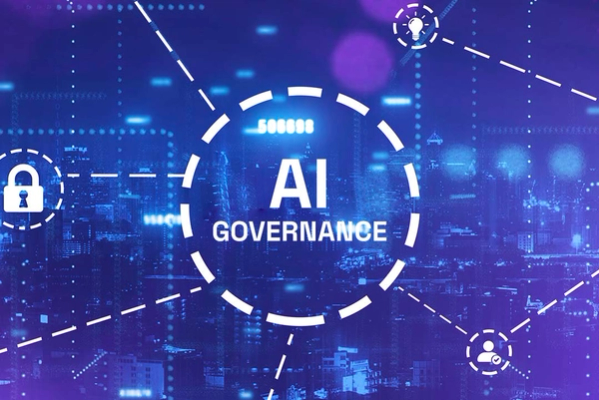June 2024

Artificial general intelligence (AGI) has the potential to revolutionize science and technology, but responsible management is crucial to ensure that it aligns with human values and does not harm human interests. AI alignment focuses on the internal workings of AI systems, while AI governance focuses on the broader regulatory and policy framework governing AI’s integration into society. Misalignment can bring various risks, including safety, ethical, economic, employment, and security risks. Several approaches to AI alignment address different aspects of the problem, with varying degrees of effectiveness and scalability. The major challenge of AI alignment is scalable alignment, which requires evolving methodologies to manage increasingly complex and capable AI systems while preserving human control and promoting their utilization for societal benefit.

The adoption of AI has grown exponentially in recent years, becoming a competitive necessity for businesses. However, with AI incidents and harms on the rise, it is important to mitigate risks through AI governance. AI governance covers technical and non-technical aspects that make AI safer, secure, and ethical. Even low-risk applications of AI require AI governance to ensure the technology can be harnessed for business benefits and innovation. AI governance has benefits such as better visibility over AI deployments, reducing risk, better performance, and increased trust. AI governance is an ongoing process that requires regular evaluation. Holistic AI's Governance platform is a comprehensive solution for AI trust and safety.
April 2024

The integration of AI with businesses is expanding globally, with approximately 42% of companies using AI in some way, and AI investment is expected to reach $200 billion globally by 2025. AI is transforming creative industries, particularly through the use of generative AI. While AI in marketing is not considered high-risk to society, improper use of it can have significant business implications. AI is commonly used in marketing for synthetic content generation, audience segmentation and sentiment analysis, SEO, email marketing, chatbots for customer relationship management, predictive analytics and dynamic pricing, and programmatic advertising. Organizations using AI tools in marketing must operationalize responsible AI practices to protect themselves from reputational, financial, and legal damage. Operationalizing responsible AI in marketing can include external third-party auditing, a focus on compliance, creating an AI inventory, and commitment from C-suite executives, specifically Chief Marketing Officers playing a pivotal role. Companies must comply with relevant regulations and voluntary action to implement AI governance frameworks can give organizations a competitive advantage. Companies must create a real-time inventory of their AI systems and foster cross-functional collaboration from the top to ensure responsible AI.
August 2023

03 Aug 2023
AI governance refers to the rules and frameworks that ensure the responsible use of AI. It is necessary to mitigate legal, financial, and reputational risks and to promote trust in AI technologies. Effective AI governance involves a multi-layered approach, ranging from organizational structure to regulatory alignment, and it requires the involvement of everyone in an organization. AI governance measures and metrics, such as transparency, bias detection and mitigation, and impact on stakeholders, should be regularly assessed and improved. Effective AI governance offers benefits such as preventing AI harm, meeting legal and regulatory requirements, and promoting scalability and transparency. Holistic AI offers solutions to implement responsible AI governance through independent AI audits, risk assessments, and inventory management.
July 2023

04 Jul 2023
Ethical AI involves the development and deployment of artificial intelligence systems that emphasize fairness, transparency, accountability, and respect for human values. The aim is to promote safe and responsible AI use, mitigate AI's novel risks, and prevent harm. The main verticals of ethical AI are bias, explainability, robustness, and privacy. Ethical AI is important because AI introduces novel risks, but ethical principles can safeguard against harms. Companies will soon be legally required to incorporate ethical AI into their work, and steps can always be taken to make AI more ethical. Holistic AI is a thought leader in AI ethics, offering expertise in computer science, AI policy and governance, algorithm assurance and auditing.